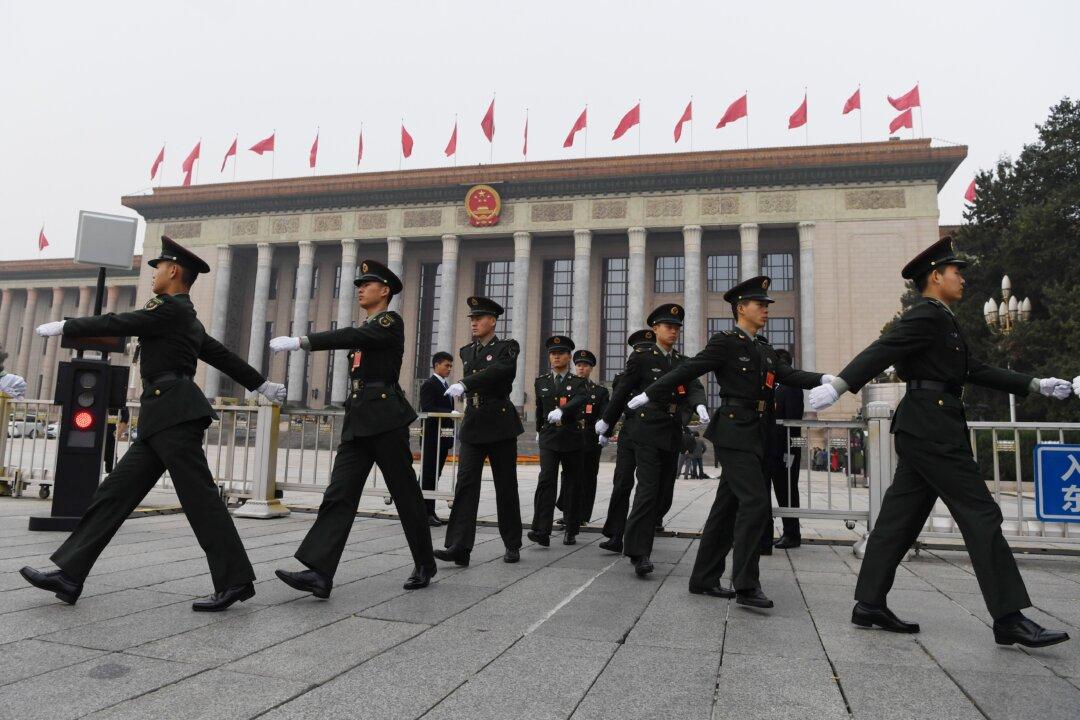Chinese Communist Party leader Xi Jinping has amassed many enemies within China due to his continued efforts to consolidate personal power, according to a new report.
The success of Xi’s “dictatorial” concentration of authority has likewise relied on his ability to remove his opposition from power, toward making the CCP “the greatest existential threat” to the United States, according to the China Transparency Report, published by the conservative think tank Heritage Foundation.




